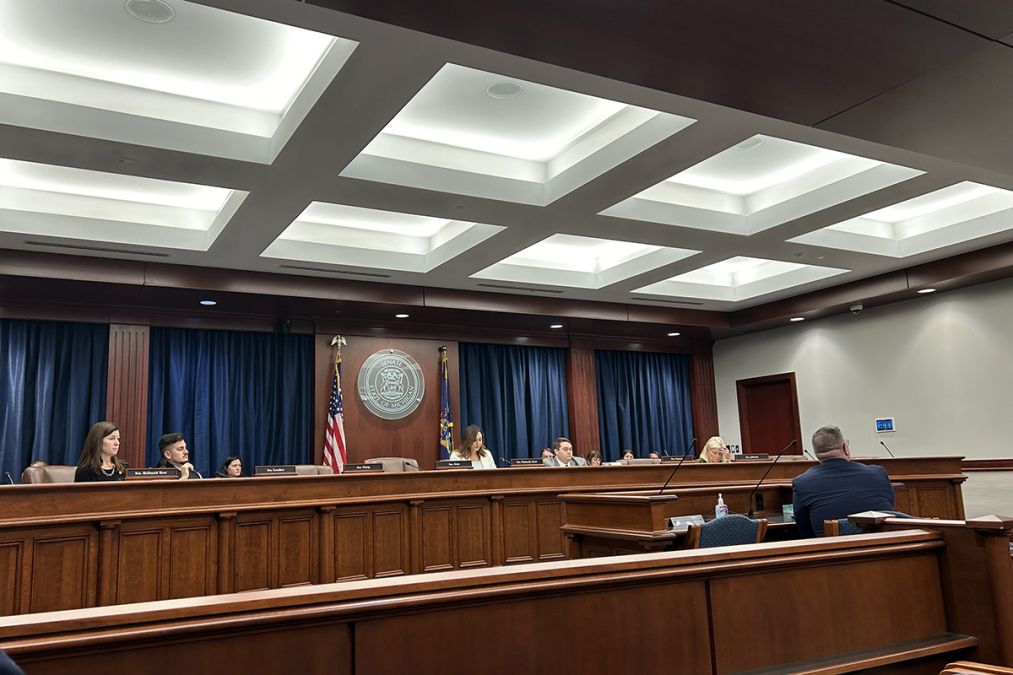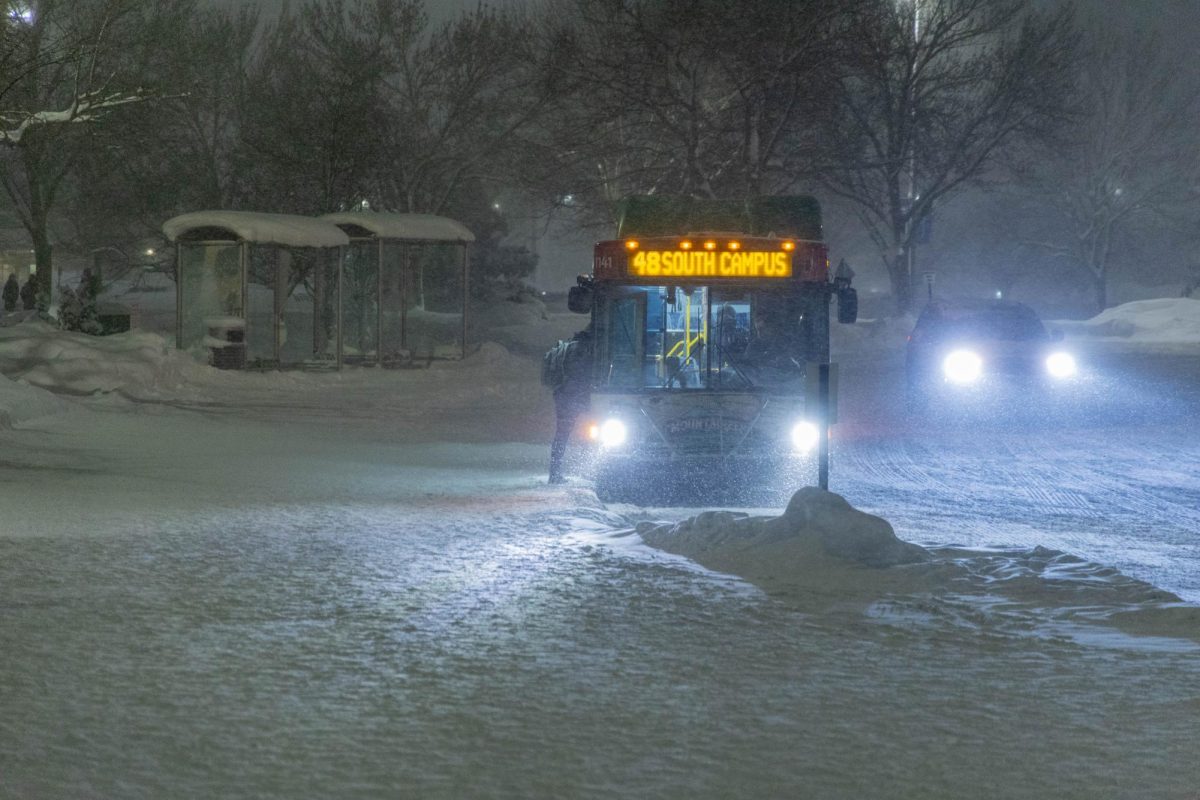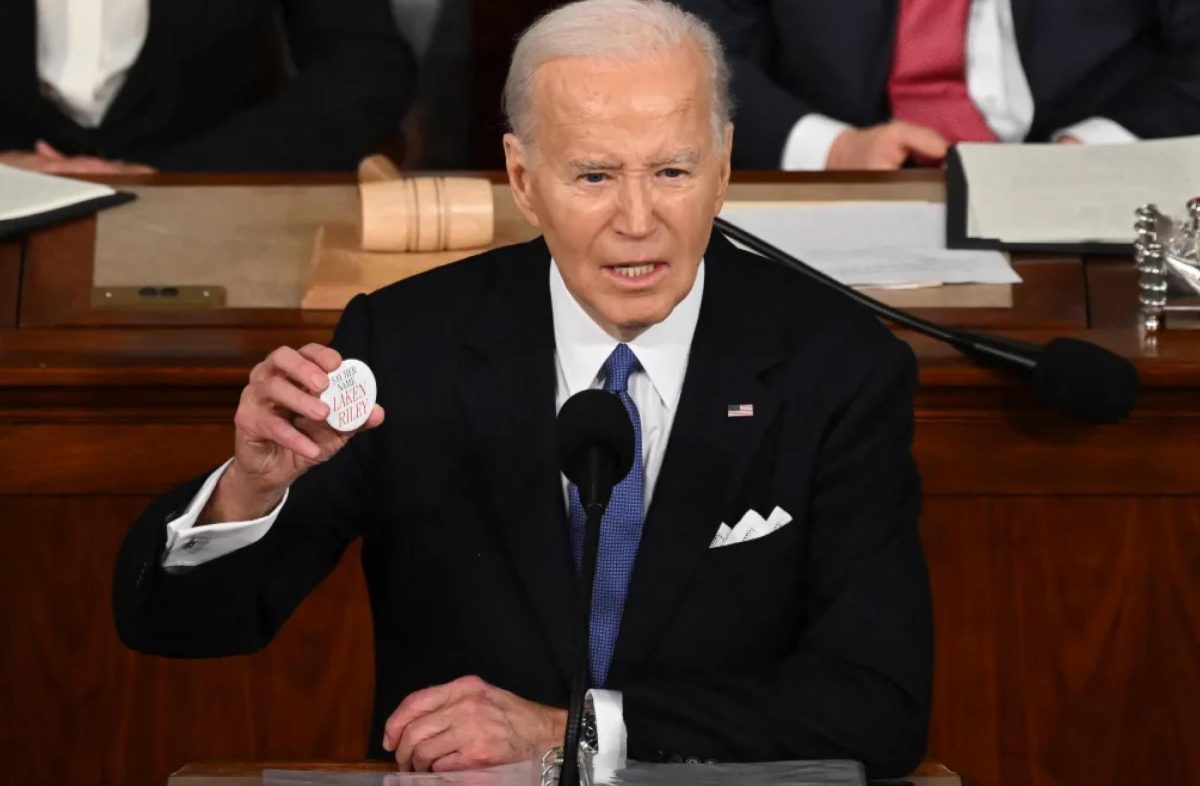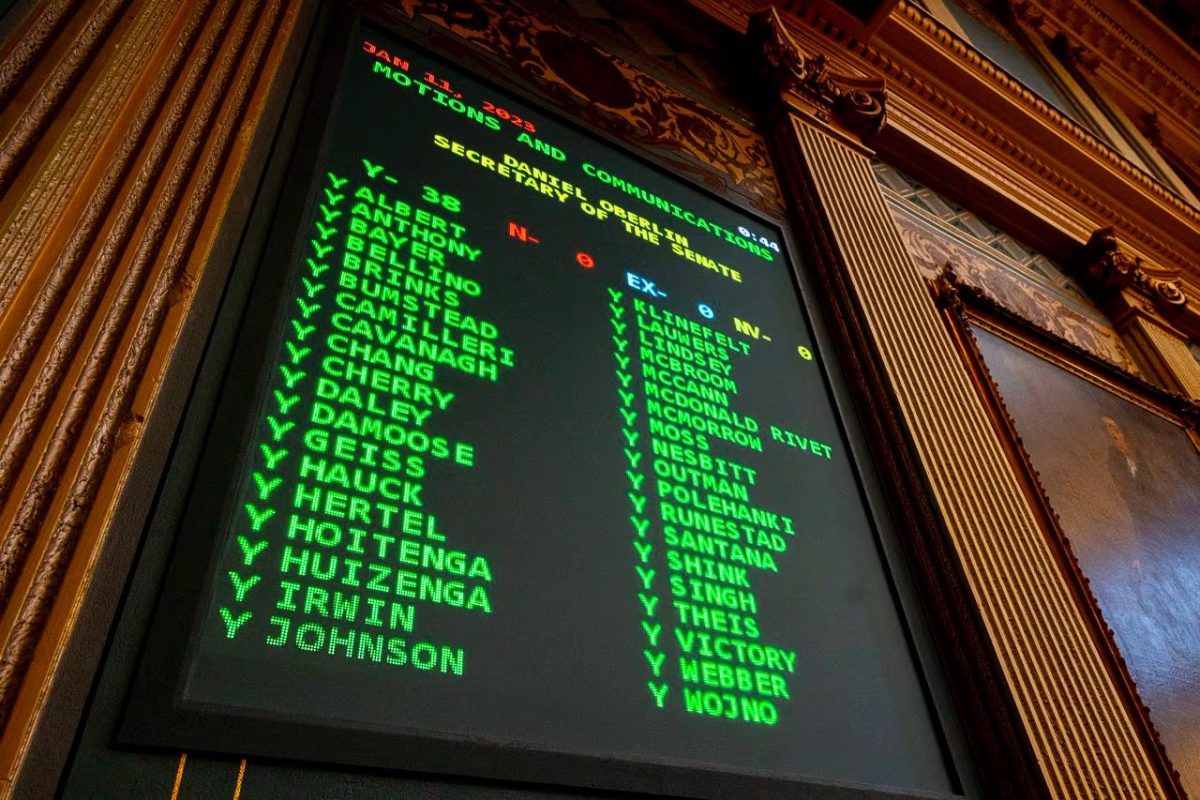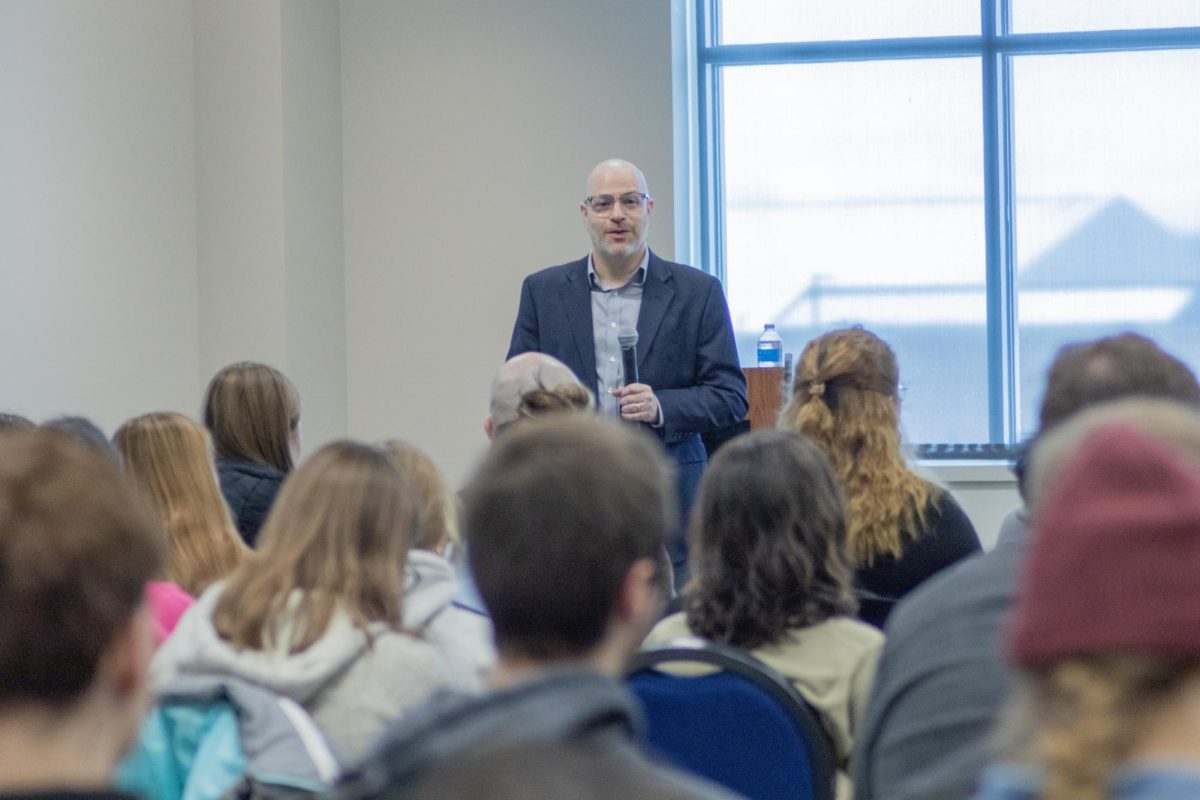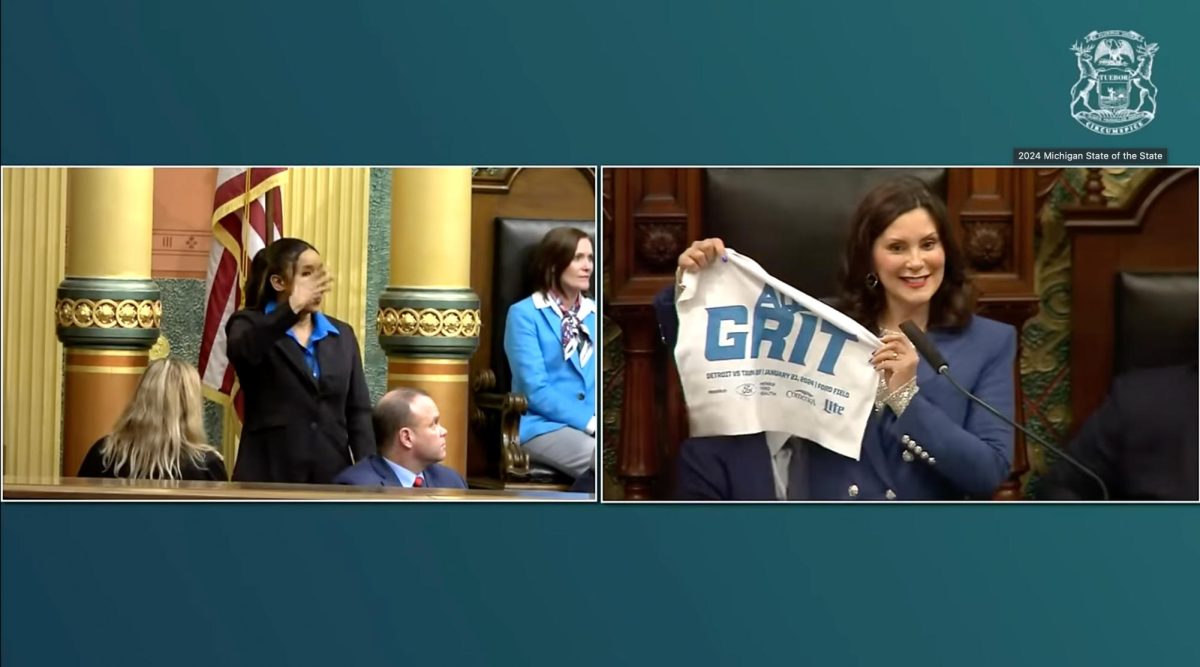Michigan Sen. Dayna Polehanki (D-Livonia) introduced Bill 395 regarding the process of evaluating the performance of teachers in K-12 schools on June 15. The bill’s main focus is proposing the removal of students’ standardized test scores from consideration in the teacher evaluation process.
Under the current state law, more than 40% of the teacher evaluation process and results rely on student data. At least half of said 40% is reliant on standardized test scores for those who teach common core subjects that are included in the standardized tests.
Due to the high reliance on student data and test scores, the teachers’ evaluations do not include as many specific ways to improve their performance. The evaluations’ emphasis on student data cannot take into account the effects of uncontrollable variables such as sickness, stress, lack of sleep or other factors on a student’s performance. According to a Bridge Michigan article, teachers are generally getting positive evaluation scores due to the information skews.
“Teachers receive one of four rankings: highly effective, effective, minimally effective and ineffective, but in practice, nearly all teachers are scored positively, making it difficult to identify those teachers who are struggling and get them the support they need,” Education Reporter Isabel Lohman said in the article.
According to a 2019 data collection, Michigan is one of 34 states that takes student growth data into account for teacher evaluations. There is very little data on the effectiveness of teacher evaluations in states that do not require the consideration of student data.
The state’s teachers unions are in support of this bill along with future educators. Grand Valley State University’s Aspiring Educators of Michigan (AEM) vice president and representative Mickenzie Atkins said she loves the new bill and is excited about its implementation.
“I guess the biggest thing is just the positive influence that it would have on teachers because I think at the end of the day like both sides of the issue want to see teachers improve,” Atkins said. “I just really think with the state of the world right now and the number of teachers that are leaving, like it would make a really big difference to have them not so heavily evaluated on things that are so heavily out of their control.”
Other future educators believe that this bill is a step in the right direction. GVSU student Emelia Adam said the current system puts teachers at a disadvantage when it comes to student data being included in evaluations.
“Some of the best teachers can be receiving the lowest scores because not all students learn at the same rate or do well on assessments. We are judging teachers on scores that are not reflecting on their classroom teaching,” Adam said.
Adam said educators should be further educated on how to handle classroom environments. She thinks that the emphasis of educating future teachers should be placed more on the well-being of the child and the classroom environment.
“Most of my current classrooms are all about classroom management, how to deal with certain situations, and how to be an educator for the child, not just the curriculum,” Adam said. “I feel like this is the way to educate our future teachers because it shows what becoming a teacher entails, it is not about how to get good test scores.”
However, there are many people who oppose the implementation of the bill. Many see this bill as a way to loosen teacher evaluations and fear students’ education will suffer. Michigan Senator John Damoose (R-Harbor Springs) said now is not the time to be holding teachers under less strict standards.
“While I am open to exploring ideas like using tests other than M-Step to measure teacher success, the bills that have been introduced will only weaken accountability at a time we need to drive better results from schools,” Damoose said to Bridge Michigan.
State Superintendent Michael F. Rice is also in opposition to the bill. In a memorandum that he sent out to local and intermediate school district superintendents and public school academy directors, Rice said while there are aspects of the bill that he supports, there are important parts that ultimately put him in the oppositional stance.
“We will continue to oppose the bills as introduced, in the absence of a reasonable, locally determined growth component,” Rice said. “We know from experience that to do otherwise is to risk the next generation of students and staff being subjected to educator evaluation law and practice that takes time from children and doesn’t improve teacher practice.”
Amy Shelling, GVSU’s Associate Dean of the College of Education & Community Innovation and Professor of Special Education, said there are aspects of this bill that she supports, but no inclusion of student growth data at all could potentially have a negative impact.
“If the goal of evaluating students is to ensure teachers are engaged in effective instruction and students are learning, then including a measure of student growth and allowing districts to identify and use the student growth assessment data that best does this for them, should be a component of the evaluation system,” Shelling said.






















